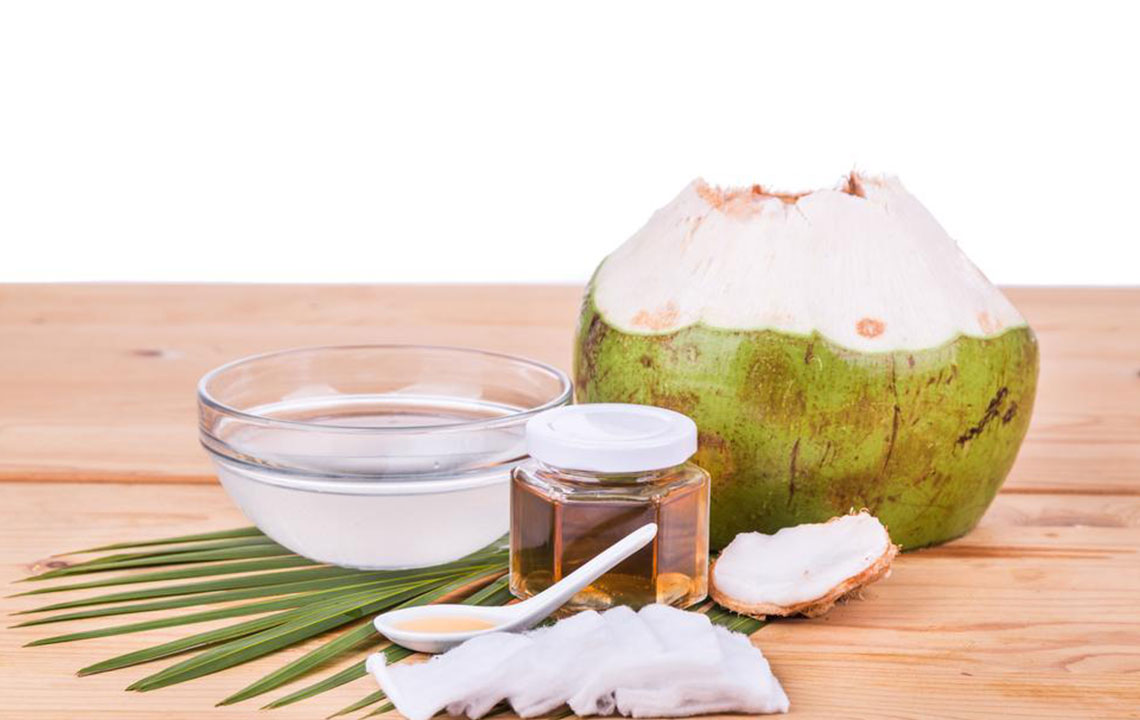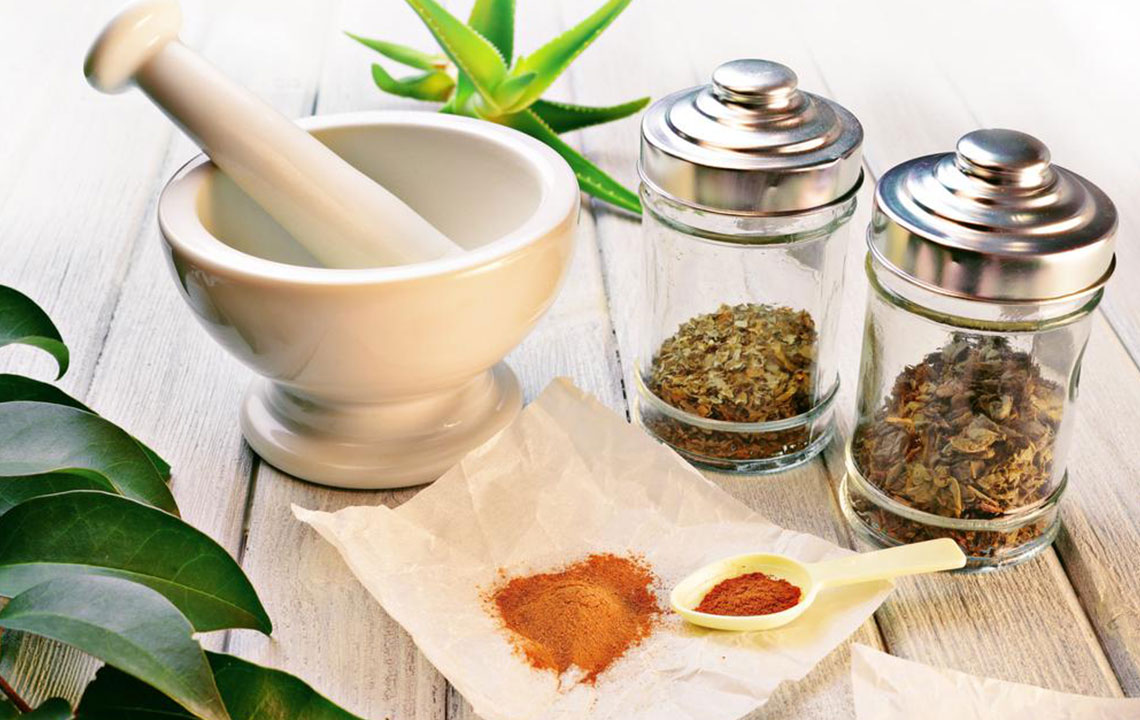Effective Strategies to Manage Bladder Leakage
Discover effective methods to manage and treat bladder leakage. From pelvic exercises and diet adjustments to lifestyle changes and supplements, learn how to regain control over urinary incontinence. Consult your healthcare provider for tailored solutions and improve your quality of life today.

Effective Strategies to Manage Bladder Leakage
Urinary incontinence, commonly known as bladder leakage, affects many individuals but is often left unspoken due to embarrassment. If you experience this issue, remember it’s a widespread concern, especially prevalent among middle-aged women, though younger individuals can also be affected. Addressing this condition is essential as it can disrupt daily activities and reduce quality of life. The first step in managing bladder leakage is identifying whether it’s stress or urge incontinence, guiding appropriate treatment options.
Stress incontinence involves unintentional leaks triggered by coughing, sneezing, or physical activity, resulting from pressure on the abdomen. Factors like smoking and obesity can increase risk, with women being more prone than men. Men typically experience stress incontinence only due to treatments like chemotherapy or radiation for prostate issues, which are less common.
Urge incontinence stems from miscommunication between the brain, spinal cord, and bladder, leading to an urgent need to urinate and occasional leaks without warning.
Fortunately, several treatments are available for bladder leakage.
Kegel Exercises
Strengthening pelvic muscles through Kegel exercises is highly effective, especially in early stages. These exercises help repair and strengthen the pelvic floor, with noticeable results in 6 to 12 weeks of consistent practice. Physicians often recommend them post-surgery to prevent recurrence.
Diet Management
Maintaining a proper diet is crucial. Avoid caffeine, alcohol, spicy foods, citrus fruits, honey, and carbonated drinks, which can aggravate symptoms. Minimizing intake of sugary foods and corn syrup can also help manage bladder health.
Bladder Training and Patience
Training your bladder requires patience. After consulting your doctor, delay bathroom visits gradually—start with holding for 10 minutes, then increase. Tracking your bathroom trips assists in better managing the condition and allows your doctor to tailor treatment plans more effectively.
Magnesium Supplementation
Consuming magnesium-rich foods or supplements can improve bladder control. Magnesium aids muscle and nerve function, helping reduce frequent urges and ensuring complete bladder emptying. Magnesium hydroxide tablets can be especially beneficial over a few weeks.
Lifestyle Changes
Losing excess weight reduces pressure on your bladder, decreasing leakage episodes. Limiting caffeine and managing fluid intake prevents over-distension. Adopting these lifestyle modifications can significantly improve symptoms.
Quit Smoking
Quitting smoking is vital, as nicotine irritates the bladder and worsens leakage. Avoiding tobacco enhances bladder health and overall well-being.
Additional treatments may be recommended by your healthcare provider, depending on your specific condition. A combination of healthy habits and targeted bladder management strategies can effectively restore bladder control.










